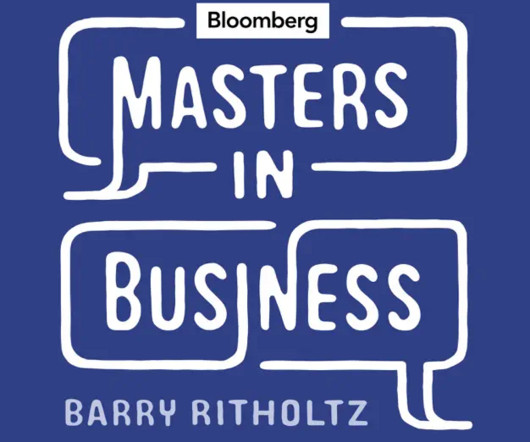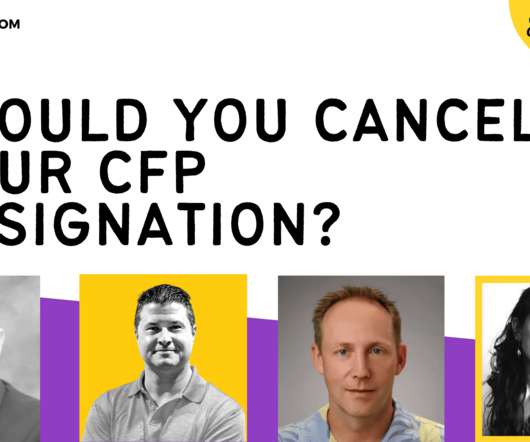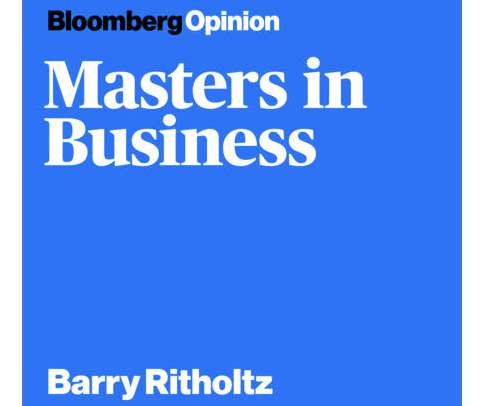Global Leaders Investment Letter: August 2022
Brown Advisory
SEPTEMBER 6, 2022
The RoIC has been above 20% for every year of the past two decades except once at the depths of the global financial crisis in 2009. It is not just Asset Heavy Industries with Capital Cycles The capital cycle is not restricted to asset intensive industries. Near-term cutbacks risk innovation and long-term growth.












Let's personalize your content